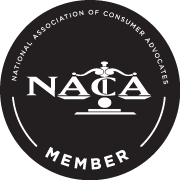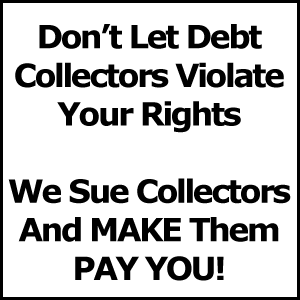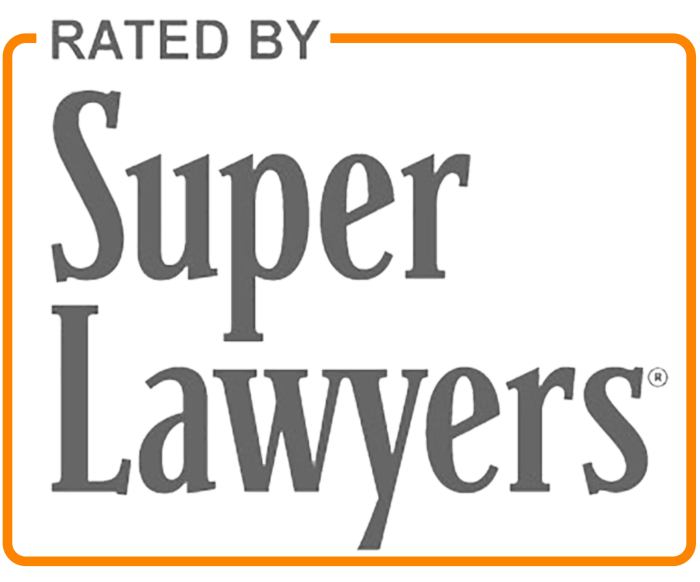Whether called intentionally or by mistake, the most prevalent consumer charges that are received by the Consumer Financial Protection Bureau are frustrating collection calls for someone other than the person it is intended for. If you are receiving letters or calls from a collector for another person’s debt, you likely aren’t interested in the reason why it is occurring, you just want these collection attempts to cease. Below are a few suggestions to stop these wrongful collection calls.
Another Person’s collection calls
If you are being wrongfully targeted with letters and calls about a debt you do not owe by a debt collector, your first step should be to tell them the person they are looking for is not you. You can be nice about it, but also be firm. If the collector asks you to confirm the last four digits of your social security number or any other personal identifier, this may be fine to answer, especially because by doing so, you are helping to confirm that the debt is in fact not yours, but giving them your whole social security is not advised. Another tactic many collectors use is to ask if you know the actual account-holder and how to reach them. You are not required to do so.
It may also be wise to send a follow-up letter that confirms what you discussed in the phone call. Clearly identifying yourself in the letter and specifying the date, time, and content of what was discussed, along with something along the lines of “Per our discussion, this is not my debt, please do not contact me again.” Any details about the account in question could be included as indicators to ensure the collector can successfully identify the account. If you decide to send a letter, you will want to make a copy for yourself and send the original via certified mail, so that you can have a return receipt for your records.
After you have firmly acknowledged to the collector that it is fact not your debt, detailed records (including dates, times, duration and recordings of conversations). In addition, you will want to keep copies of any continuing documents or letter they send you. If it appears that the calls are robocalls, this is also worth taking note of.
By using Annual Credit Report, you can get copies of your credit reports at no cost from the three largest credit reporting agencies. If receiving collection calls, It may be helpful to view your credit report to ensure the wrongful debt has not been listed on your reports. Once you are able to view the reports, you’ll make to verify the wrongful debt is not appearing up on your credit report. If it does appear, you will want to send a dispute letter to every credit bureau wrongfully reporting that account.
If the harassing calls and letters continue after you’ve acknowledged to the debt collector that the debt does not belong to you, then you will want to talk to a consumer rights attorney and discuss the ordeal in more detail. If the debt doesn’t belong to you, and you have stated this fact to the collector, and the collector still keeps calling, under the Fair Debt Collection Practices Act, the debt collector can be held accountable and potentially sued for harassing an innocent consumer. A consumer attorney can help to put a stop to these undesired collection attempts and discuss with you whether you have any claims against the debt collector.
Collection lawsuit for a debt that is for another person
If served with a collection lawsuit for another person’s debt, you’ll need to take further steps. In addition to doing everything mentioned above, you will also be required to submit an answer to the lawsuit. In the state of Minnesota, you have 20 days to respond with your answer. What constitutes an answer is a formal legal document that addresses each of the allegations in the accusations. If the debt is someone else’s, these allegations should be something that can be denied in the lawsuit. It is also worth noting in your answer that the debt is another person’s. Even if it is not your debt that is owed, an answer is still required. Inability to give answer to the lawsuit will realistically produce a default judgment against you. A default judgment can be troublesome (and very costly) to overturn, even if the debt is someone else’s. It may also lead to trimming of wages and other annoyances.
Because the ramifications of a collection lawsuit are quite severe, it is advisable to consider explaining your ordeal with a consumer lawyer. A consumer lawyer can help to draw up an answer to the lawsuit and also help determine if you have potential counterclaims against the debt collector for wrongfully pursued.
If you’re being wrongfully contacted by debt collectors, and you feel the debt collector is saying or doing anything unfair; untrue; harassing, oppressive, or abusive, please contact us to discuss the situation further. If we agree to handle your case, you only pay us when you win your case or from your negotiated settlement. For a better understanding of the damages you may be entitled to and a Free Case Evaluation, please contact our attorneys now at 952-295-3935 or fill out the Free Case Evaluation Form.



Attorneys Practicing In This Area
Staff Supporting This Area
Julie Rosales











